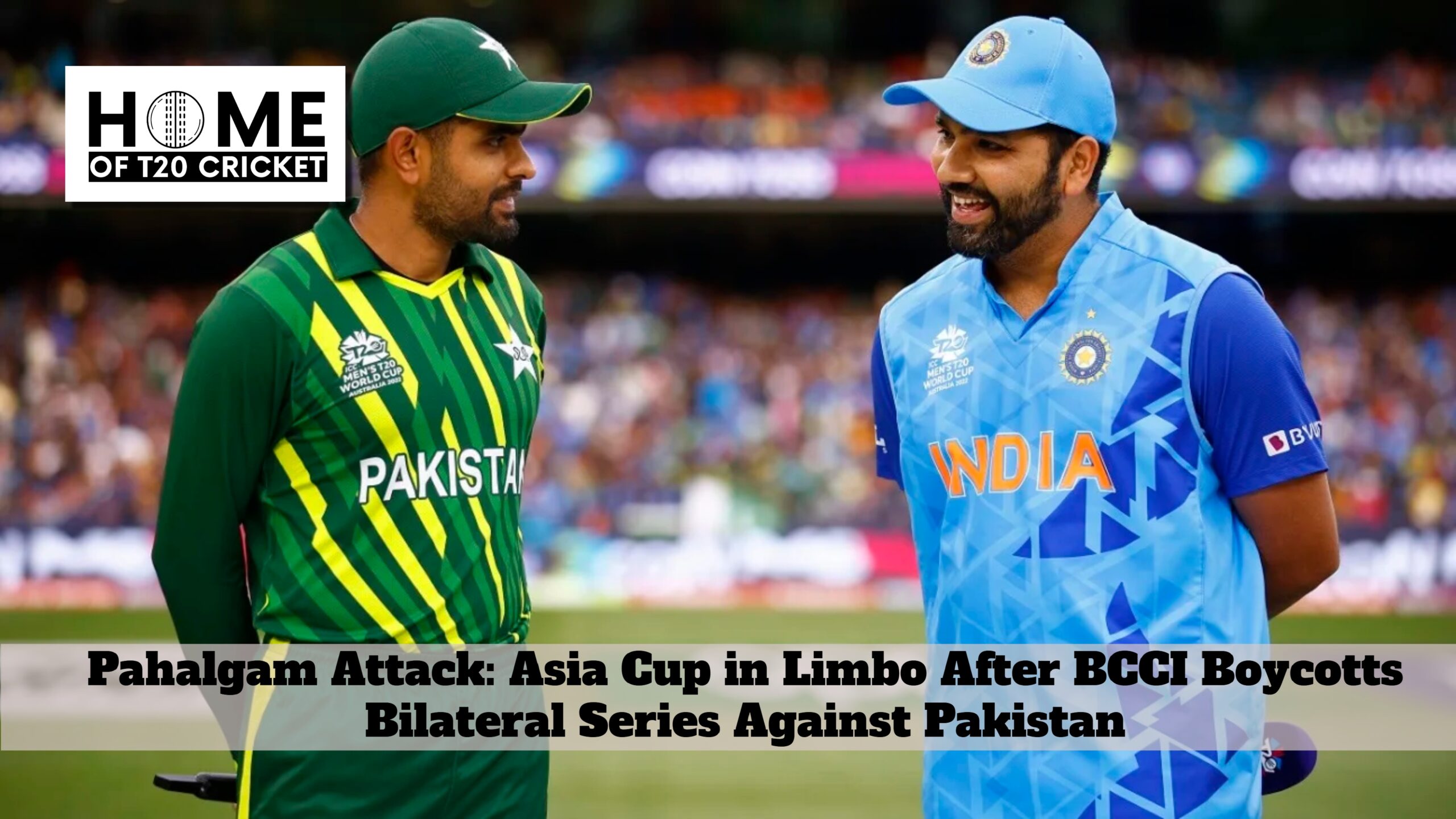As tensions between India and Pakistan flare following the tragic Pahalgam terror attack that left 26 civilians dead, cricket’s governing dynamics are witnessing a significant shakeup. The Board of Control for Cricket in India (BCCI) is reportedly taking proactive steps to reassess its participation framework for future fixtures involving Pakistan.
According to Cricbuzz, the BCCI has written to the International Cricket Council (ICC), urging them to avoid pairing India and Pakistan in the same group during ICC events. This unprecedented move, if confirmed, could alter the scheduling pattern of one of cricket’s most anticipated rivalries. However, this decision appears to be more than just a sporting call; it’s a reflection of the broader political climate.
Pahalgam Attack Affects India-Pakistan Cricket Including Asia Cup
While the official confirmation remains pending, internal voices within the BCCI appear divided. A senior official has allegedly distanced himself from the development, saying he wasn’t informed of such communication with the ICC. This further complicates the narrative, especially with the Women’s ODI World Cup around the corner in September. Although India is hosting, Pakistan’s matches are slated to be held at a neutral venue, yet to be finalized.
Beyond ICC tournaments, the Asia Cup remains another area of uncertainty after the Pahalgam attack, which was blamed baselessly on Pakistan. The men’s edition is due in September, with India as the designated host. Earlier reports hinted at shifting the entire event to a neutral venue, most likely Sri Lanka or Dubai. But the latest update from Cricbuzz reveals a more complex scenario.
The Asian Cricket Council (ACC) has already sold media rights worth $170 million for four editions of the Asia Cup. A large chunk of this value hinges on India-Pakistan matchups. In fact, the financial model is structured around at least two marquee clashes between the two nations per edition, with a third possible if they reach the final. The 2025 tournament alone carries a tag of $38 million.
Given this heavy commercial dependence on Indo-Pak games, any disruption in scheduling could have ripple effects. With the Asia Cup draw initially expected in May, officials may now wait to see whether the political temperature cools down before locking in the schedule or venue.
For now, the India-Pakistan cricket narrative hangs in delicate balance, one that may be shaped as much by diplomacy as by the game itself.
Also, see:
PSL 2025 Live Streaming Details: Where to Watch Pakistan Super League Live?

